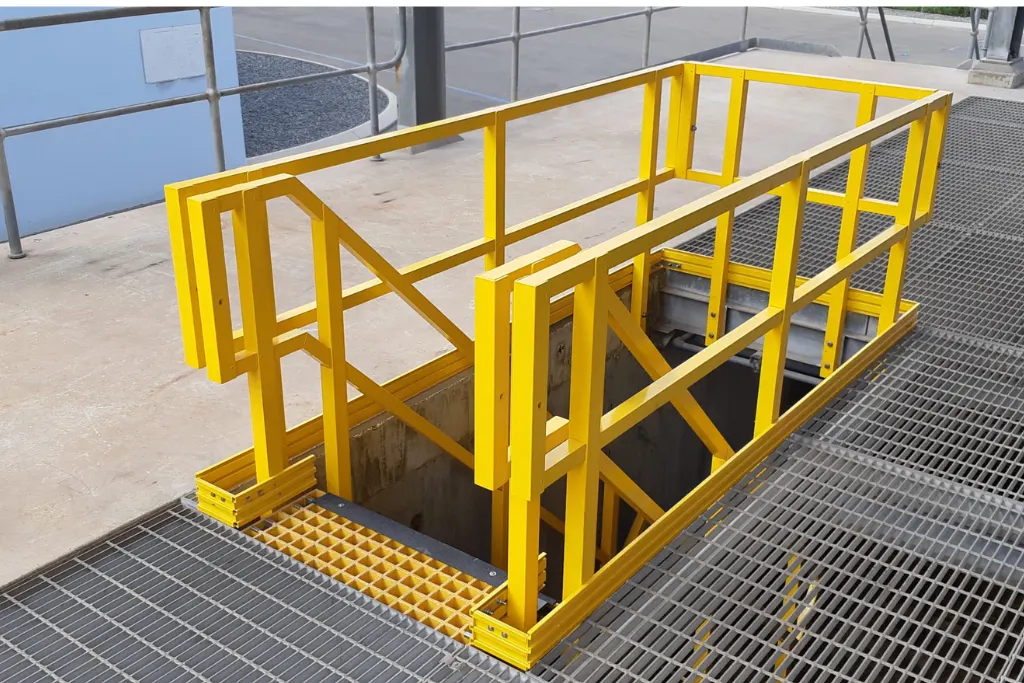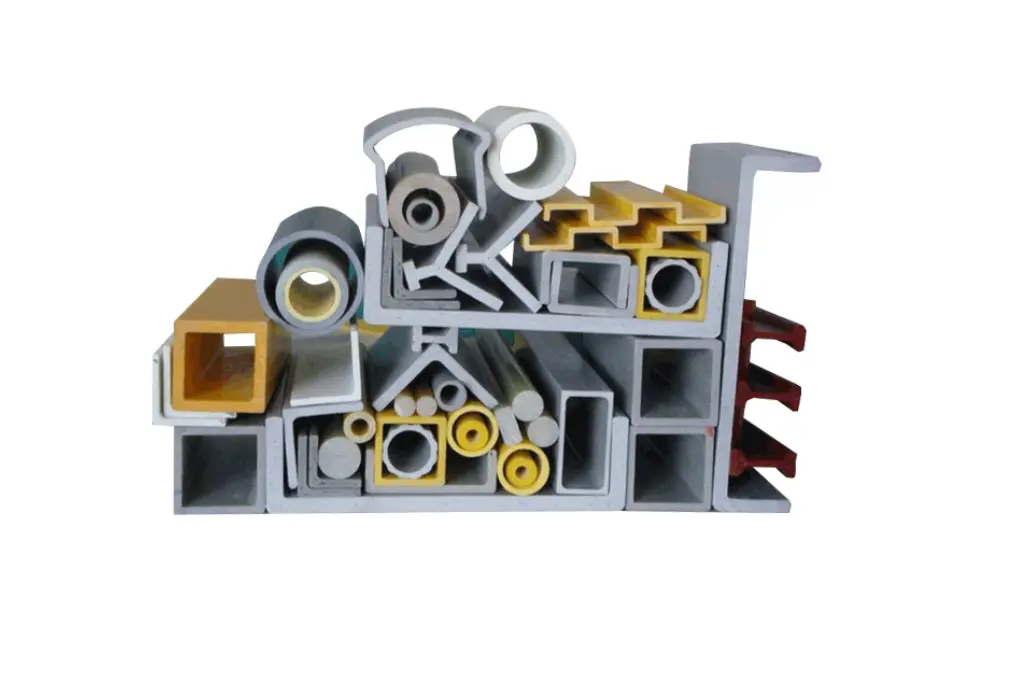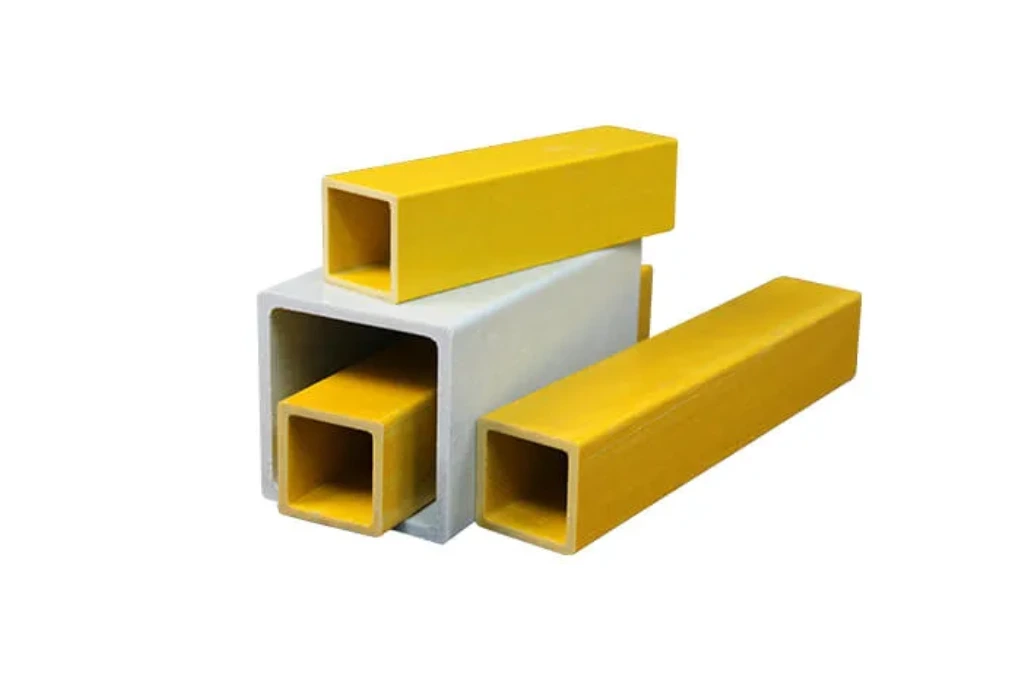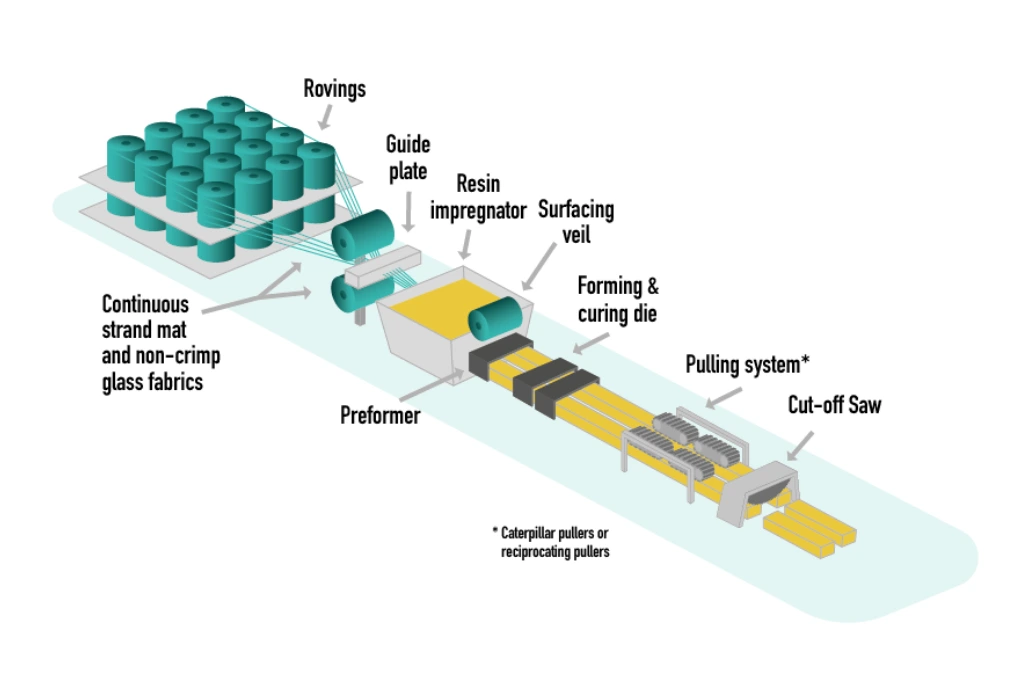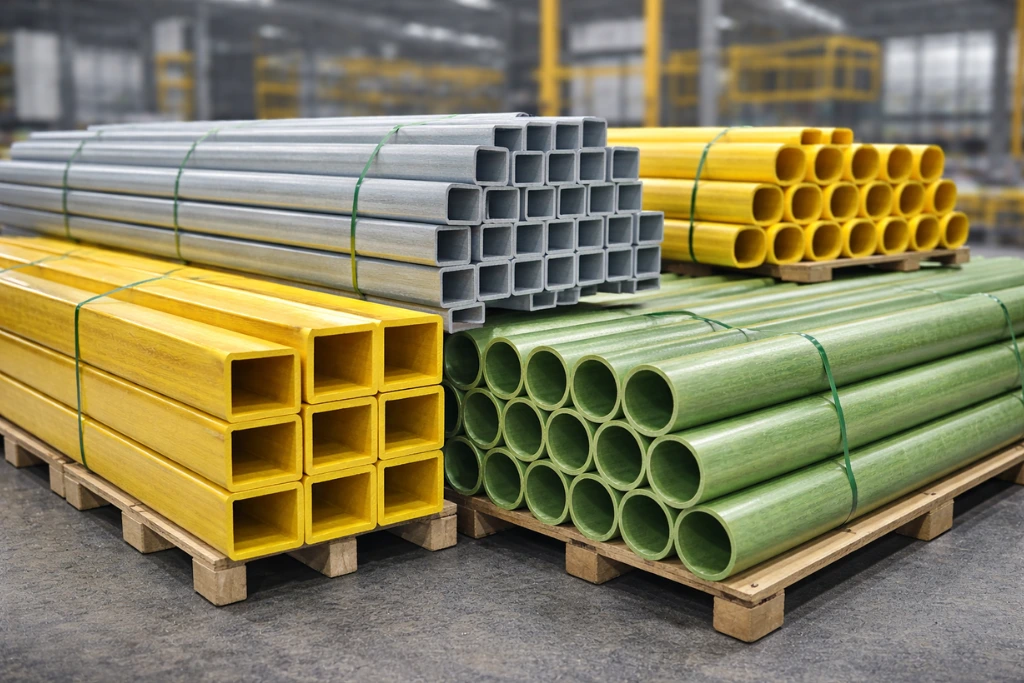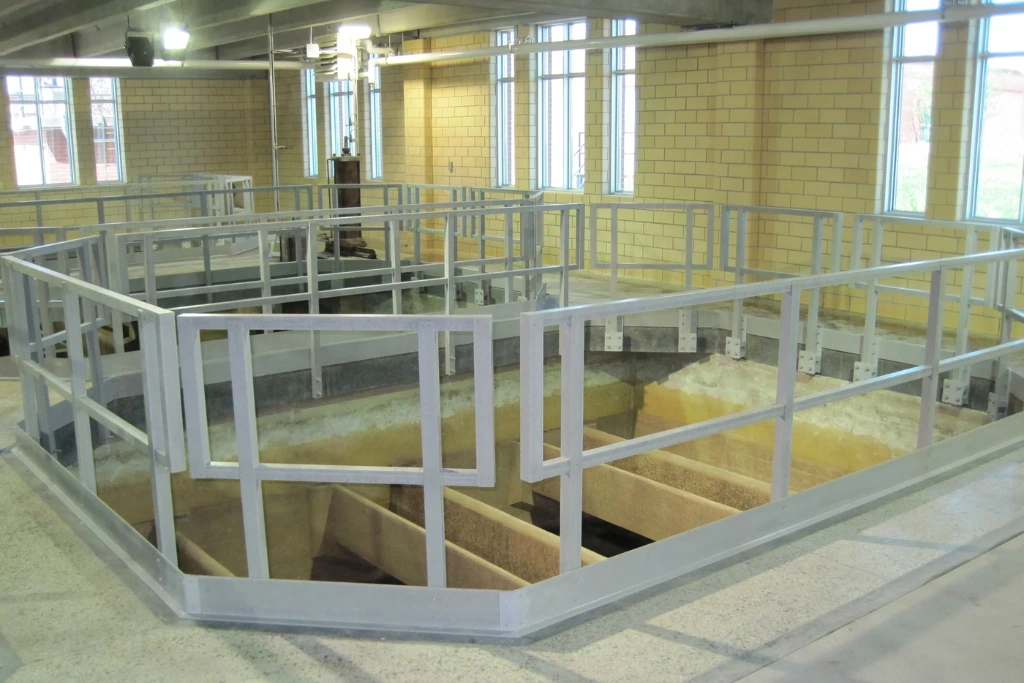In industrial electrical systems, cable management plays a crucial role in ensuring safety, efficiency, and long-term reliability. Traditional cable trays made from steel or aluminum have been widely used, but they come with challenges such as corrosion, weight, and electrical conductivity risks. This is where fiberglass cable trays (FRP cable trays) emerge as a superior alternative, offering durability, non-conductivity, and corrosion resistance.
If you’re looking to improve cable management in industrial environments, this guide explores why fiberglass cable trays are essential, their advantages over traditional materials, and how they enhance industrial electrical systems.
What Are Fiberglass Cable Trays?
Fiberglass cable trays, also known as FRP (Fiberglass Reinforced Plastic) cable trays, are structural support systems designed to organize, protect, and route electrical cables in industrial settings. These trays are made from high-strength fiberglass composite materials, offering lightweight, corrosion-resistant, and non-conductive properties.
With high strength-to-weight ratios and resistance to extreme environments, FRP cable trays have become the preferred choice for industrial electrical systems.
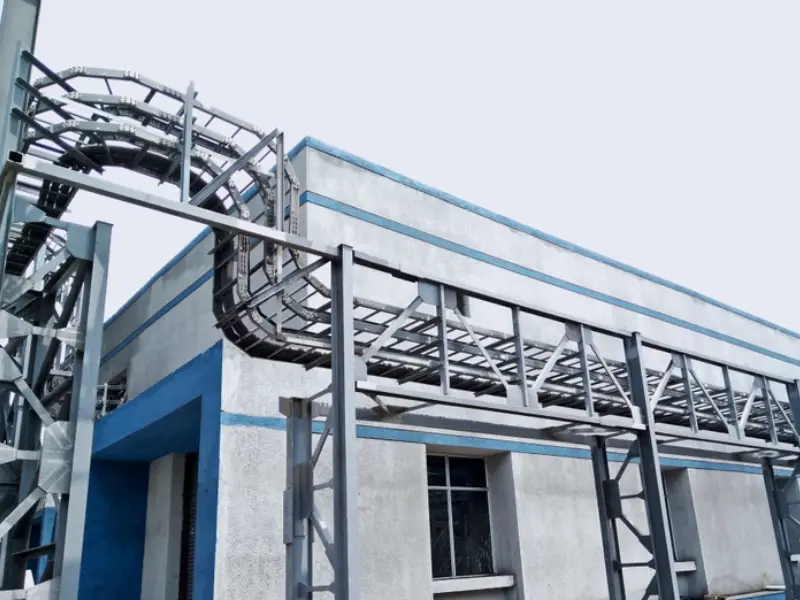
Key Advantages of Fiberglass Cable Trays
Compared to traditional metal and PVC cable trays, fiberglass cable trays offer several significant advantages that make them ideal for industrial applications.
Corrosion & Chemical Resistance
- Unlike metal trays, FRP does not rust, corrode, or degrade, even in harsh environments such as chemical plants, marine docks, and offshore oil rigs.
- Resistant to acids, alkalis, saltwater, and extreme weather, making them suitable for long-term outdoor installations.
- No need for protective coatings, galvanization, or anti-rust treatments, reducing maintenance costs.
Lightweight & Easy to Install
- Up to 75% lighter than steel and significantly lighter than aluminum, making transportation and installation quicker and more cost-effective.
- Reduces labor costs and installation complexity, as it can be installed without heavy lifting equipment.
- Ideal for retrofit projects where existing infrastructure cannot support the weight of metal cable trays.
Non-Conductive & Electrically Safe
- FRP is non-conductive, eliminating the risk of electrical shocks and short circuits, making it a safer alternative to metal trays.
- Provides better insulation, reducing the risk of electrical interference and improving overall system stability.
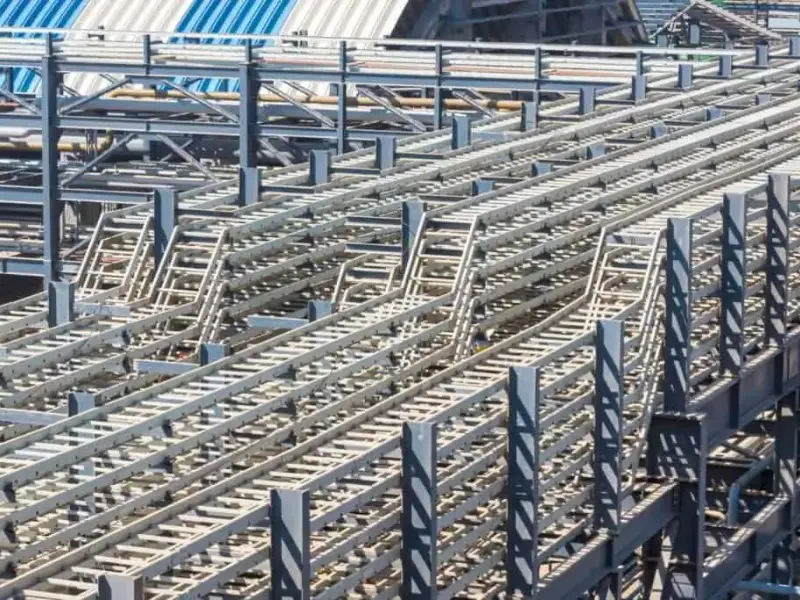
High Strength & Load-Bearing Capacity
- Engineered for heavy-duty industrial use, capable of supporting large cable loads without sagging or deformation.
- Designed to withstand external impacts, vibrations, and harsh environmental conditions.
- High tensile strength comparable to metal trays, making them a long-lasting solution for cable management.
Fire & UV Resistance
- Fiberglass cable trays can be manufactured with fire-retardant resins, ensuring compliance with fire safety regulations.
- Self-extinguishing properties reduce fire hazards in high-risk industrial environments.
- UV-resistant coatings prevent color fading and material degradation, ensuring longevity in outdoor applications.
Minimal Maintenance & Long Lifespan
- Unlike steel, which requires painting, rust-proofing, and regular inspections, FRP cable trays need minimal upkeep.
- Resistant to moisture, mold, and insect damage, reducing maintenance costs and downtime.
- Service life of 20-30 years, making it a cost-effective solution for long-term cable management.
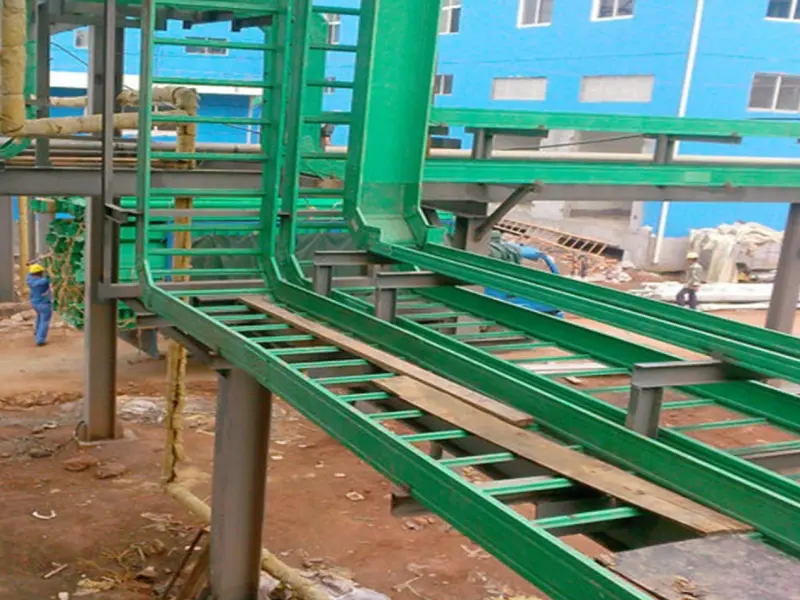
Applications of Fiberglass Cable Trays in Industrial Electrical Systems
Power Plants & Energy Facilities
- Non-corrosive and non-conductive properties make FRP trays ideal for high-voltage environments.
- Prevents electrical faults and ensures safe cable routing in power distribution networks.
- Withstands exposure to heat, chemicals, and humidity without compromising performance.
Oil, Gas, & Chemical Industries
- Resistant to chemicals, fumes, and salt exposure, ensuring longevity in petrochemical plants and refineries.
- Non-sparking material eliminates fire hazards in flammable environments.
- Can be installed in underground cable networks where metal trays would corrode over time.
Marine & Offshore Applications
- Designed to withstand salt spray, humidity, and extreme weather conditions.
- Prevents corrosion-related failures, reducing the need for frequent replacements.
- Commonly used in shipyards, offshore platforms, and dock facilities.
Water Treatment & Waste Management Plants
- Ensures safe cable routing in damp, chemical-heavy environments.
- Resistant to biological growth, mold, and fungus, making it a hygienic solution for waste treatment infrastructure.
- Prevents moisture-induced damage, improving electrical system reliability.
Telecommunications & Data Centers
- Provides organized and protected cable management for fiber optic and communication networks.
- Reduces electromagnetic interference (EMI), ensuring stable data transmission.
- Fire-retardant options enhance safety standards in high-density wiring environments.
Fiberglass cable trays offer unmatched durability, safety, and cost-effectiveness, outperforming steel and aluminum alternatives with corrosion resistance, lightweight design, and electrical insulation. For industries seeking low-maintenance, high-performance solutions, FRP cable trays ensure long-term reliability in power plants, marine environments, and telecom networks.
As a trusted FRP cable tray manufacturer and supplier, The Front delivers durable, corrosion-resistant, and industry-compliant solutions for industrial electrical systems. With cutting-edge composite technology, we provide high-performance cable management tailored to your needs.

